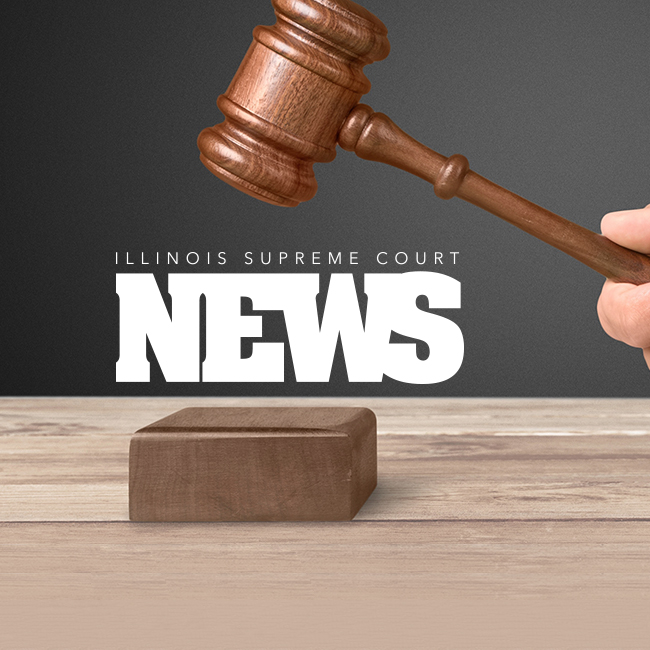Illinois Supreme Court Announces E-Filing Expansion to Include Quasi-Criminal Cases and E-Citations

The Illinois Supreme Court today announced the expansion of e-filing to include quasi-criminal cases and electronic citations (e-Citations). This expansion beyond civil, criminal, and juvenile cases furthers the Supreme Court’s objective to utilize technology to reduce and streamline processes. It will be done in a permissive manner initially so counties can join as their technology allows.
“Some counties have indicated they are ready to proceed with this expansion of e-filing and we are excited for them to do so,” Chief Justice Mary Jane Theis said. “We understand other counties may need additional time and this order was written in a way to accommodate that.”
M.R. Order 18368 in 2016 mandated that all attorneys and self-represented litigants electronically file documents in all civil cases in Illinois. This Order was amended in 2017, 2019 and 2021 to further facilitate the courts’ statewide move to an electronic filing system and expanded e-filing options to include the availability of criminal and juvenile case types to be conducted through the statewide Electronic Filing Manager (EFM).
The new amendments will allow quasi-criminal case types (Major Traffic, Minor Traffic, Ordinance Violation, Conservation, and Civil Law) to be e-filed through the statewide EFM and will apply to both initial and subsequent filings.
The Order also includes an authorization for courts to implement a local e-filing system which is limited to initiating cases through the transmission of electronic citations between law enforcement agencies and the circuit court clerk. This limited option applies only in instances where a law enforcement agency issues a Uniform Citation and Complaint Form for criminal and quasi-criminal case types (Criminal Misdemeanor, Quasi-criminal, Driving Under the Influence, Major Traffic, Minor Traffic, Ordinance, Conservation, and Civil Law Violation). Once the Court enters an order mandating quasi-criminal e-filing occur through eFileIL, any local e-filing solution will be required to transition to the statewide EFM.
The full order is available on the Illinois Courts website.


Member Comments (2)
Why doesn’t the Supreme Court work with Cook County to clean up the backlog of unscanned documents and the turn around of orders which sometimes take weeks to obtain.
This is a great change! We send time sensitive documents to the Cook County clerks office which are frequently lost or not filed for 1 to 2 weeks. This results in drivers license. Suspension issues and massive confusion. In court rooms, Delays increase attorneys fees for clients. Police officers have to return to court on more than one occasion. Lawyers end up having to drive to the 6 Different Court houses, which is often 2 to 3 hours of travel time. Anything we can do to clean up the mess that is cook county, and to remove areas of incompetence is a vast improvement.